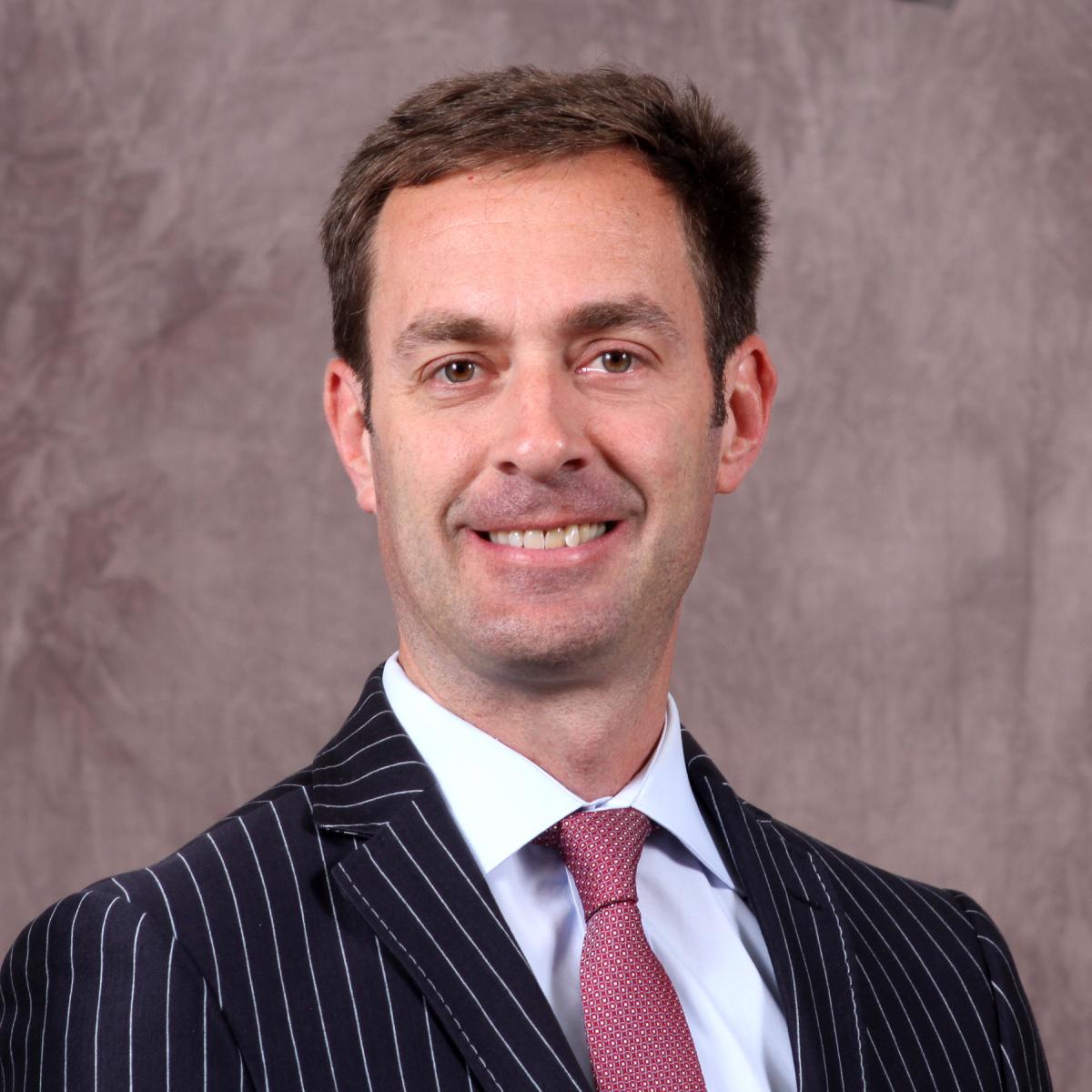
"I started my career in 1994 in equity research at the firm Wertheim Schroder in New York City. I soon noticed how many colleagues had their CFA designation, and started that program shortly thereafter, passing all three exams in succession and learning the material associated with that all-encompassing curriculum.
After periods in sell-side equity research at both Wertheim and Lazard, I wound up at a TMT hedge fund followed by six years as a portfolio manager at small-cap value firm Royce & Associates. The CFA served me well in my career doing equity analysis, but the concepts of portfolio construction and asset allocation seemed to require more “on-the-job” training. This changed when I arrived at Alpha Theory and started the CAIA program. Alpha Theory serves hedge funds and mutual funds as a consulting and software company whose solutions address the challenge of developing and maintaining an efficient portfolio. The process of ensuring portfolio efficiency involves more than selecting good investments; it requires an intelligent approach to position sizing – or ensuring that one has the highest exposure to one’s best ideas and the lowest exposure to one’s weakest ideas at all times. It became clear to me while at Alpha Theory that portfolio construction decisions were just as critical to allocators as equity asset managers, and in fact the firm has a couple of allocator clients too.
I became interested in the role of allocators, especially as I consulted with hedge funds about their portfolios and marketing approach. I also happened to have a friend studying for the CAIA exams, and he put it to me succinctly (and creatively) regarding CAIA’s curriculum: 'The CFA is the finance equivalent of completing Navy SEAL training, but the CAIA designation is like graduating from sniper school!' I learned that the curriculum was highly beneficial to anyone in an asset allocation seat, and in my view, the body of knowledge was more practical and precise than that of other programs. I recently moved to Merrill Lynch’s Global Wealth Investment Management group after exploring a few allocator roles. I realized that at Merrill, I could serve as essentially as “family office CIO” for multiple individual clients – and the asset allocation decisions would be similar in many cases to those family office, pension, and endowment CIOs make.
I look at finding the optimal mix of non-correlated investments while balancing return objectives and risk constraints as core to the CAIA curriculum – so the program is exceptionally well-suited to my role as financial advisor. I even recently co-wrote an article on improving the investment process for the newest edition of the AIAR journal: Including Investment Process Technologies within Operational Due Diligence!"
Dana Lambert, CFA, CAIA, is a Financial Advisor at Merrill Lynch. He holds a Bachelor's Degree in Economics from Brandeis University, and is a Chartered Financial Analyst (CFA) and Chartered Alternative Investment Analyst (CAIA) charterholder.


